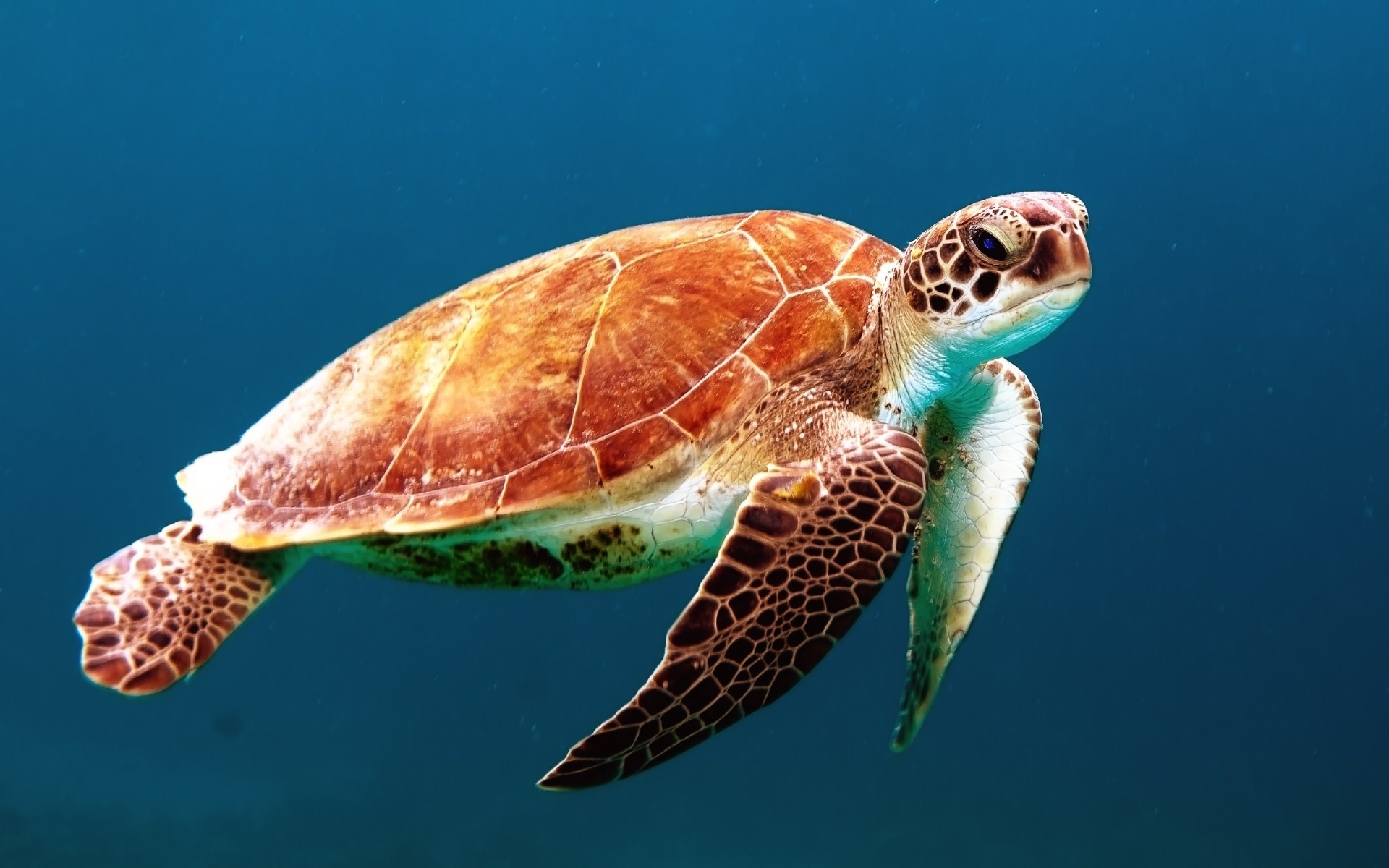Turtles have been on the menu for millennia, archaeologists reveal

Sea turtles are key species in ocean ecosystems. Mediterranean sea turtles are threatened by human behaviour, which may be much more ancient than anticipated. UG scientist Dr Canan Çakırlar and her colleagues Francis Koolstra (UG Research Master alumnus) and Prof. Salima Ikram (American University in Cairo) examined sea turtle bones taken from archaeological sites in the region, dating back thousands of years, to study turtles through time. Their results, published in the journal Antiquity, reveal that humans have hunted sea turtles for millennia. This long, sometimes intense, history of exploitation could help to explain why turtles in the region are now under threat and how best to help them.
Çakırlar and her colleagues compared the archaeological turtle bones with museum specimens, shedding light on the species, size and sex of the turtles being hunted. They found that turtles may have arrived in the Mediterranean no more than 10,000 years ago, and have been hunted in the sea by boat since then. Some periods of intensive hunting coincide with times of war and drought. In Roman times, turtles may have been hunted for their shells, which would then have been traded across the Mediterranean.
More research
The results published in Antiquity just scratch the surface. Ongoing genomic and biochemical investigations by a joint UG science and humanities team will contribute to identifying the historical foundations necessary for conserving Mediterranean ecosystems and to informing the public about the profound depth of human influence on biodiversity in the age of the Anthropocene
More news
-
19 January 2026
Digitization can leave disadvantaged citizens in the lurch
-
13 January 2026
Doing good in complex situations
